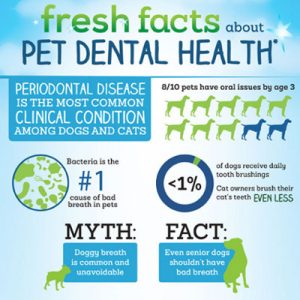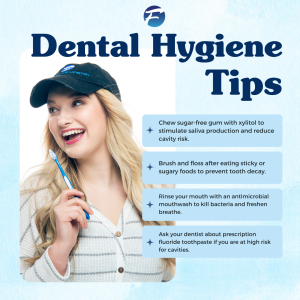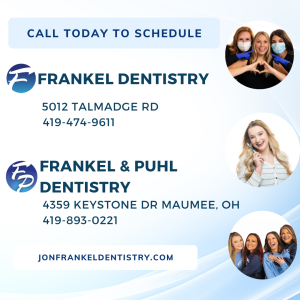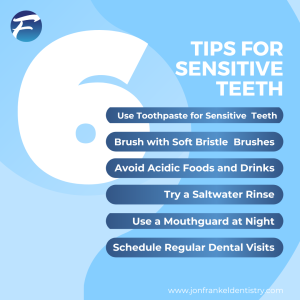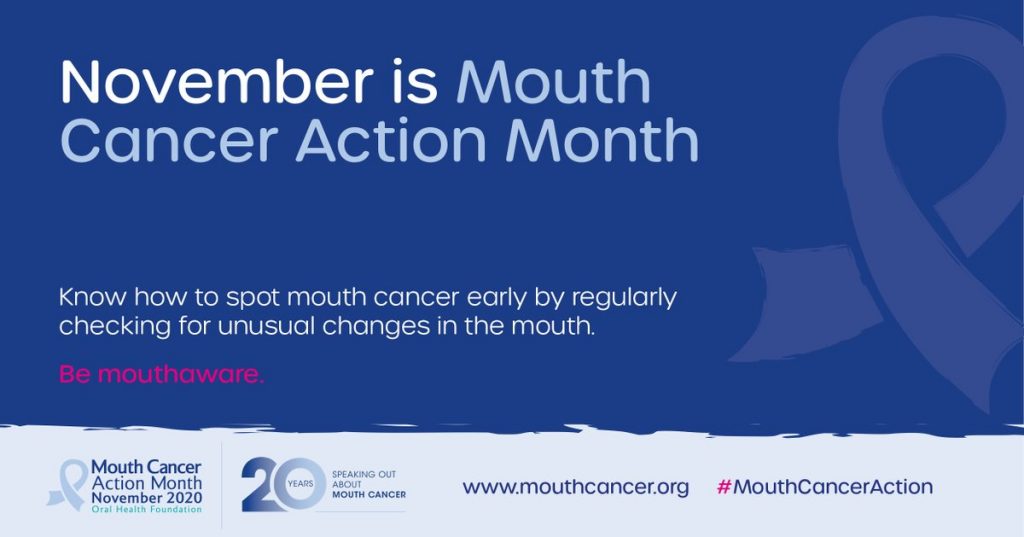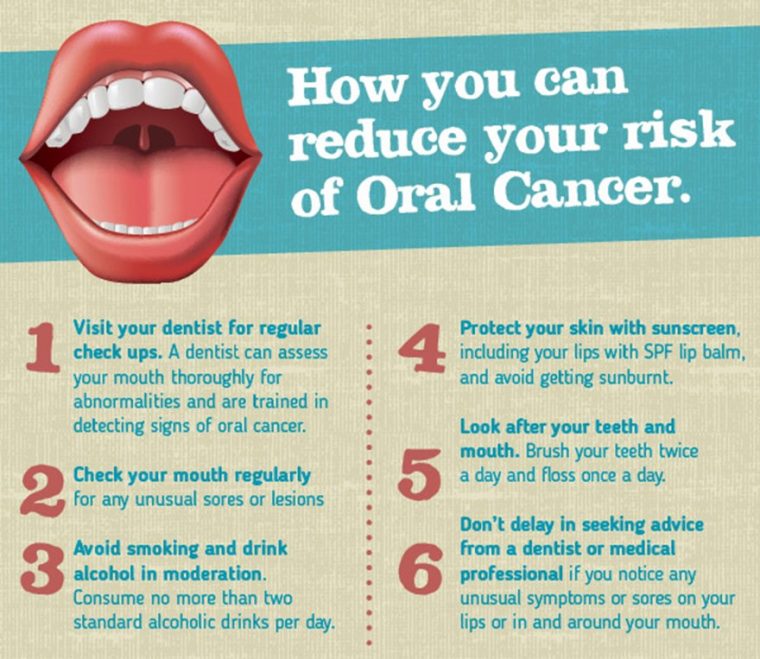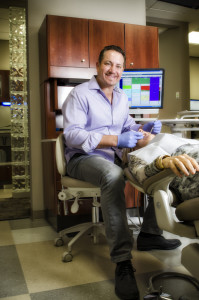As we journey through life, our oral health needs evolve, particularly as we age. At Frankel Dentistry, we believe that a beautiful smile is timeless and achievable at any age. That’s why we’re dedicated to helping our senior patients maintain their oral health and address common dental issues that may arise. In this blog, we’ll share valuable tips on caring for your smile as you age, and we encourage you to share this information with your older loved ones.
1. Maintain Regular Dental Check-ups:
Regular dental check-ups are just as crucial in your later years as they are when you’re younger. These appointments allow us to detect and address dental issues early, preventing more extensive problems down the road. Dental cleanings also help keep your teeth and gums healthy.
2. Be Mindful of Gum Health:
September is also Gum Care Month! Gum Health can help you can for your overall well being. Gum disease becomes more common as we age. It’s essential to watch for signs like bleeding gums, bad breath, or loose teeth. Proper brushing, flossing, and regular dental visits can help prevent and manage gum disease.
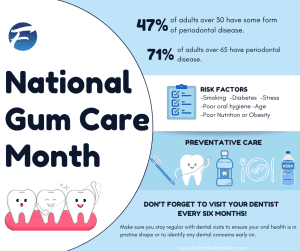
3. Stay Hydrated:
Dry mouth is a common issue for seniors, often caused by medications. Saliva helps protect your teeth, so stay hydrated and consider using sugar-free lozenges or mouthwashes designed to combat dry mouth.
4. Maintain Good Oral Hygiene Habits:
Continue to brush your teeth twice a day with fluoride toothpaste and a soft-bristle toothbrush. Don’t forget to floss daily to remove plaque and food particles between your teeth.
5. Consider Dental Implants:
If you have missing teeth, dental implants are a fantastic solution. They look and function like natural teeth and can significantly improve your smile and chewing ability.
6. Address Tooth Sensitivity:
Tooth sensitivity can become more pronounced with age. If you experience sensitivity to hot or cold foods and drinks, speak with your dentist. There are solutions available to alleviate discomfort.
7. Watch for Oral Cancer:
Oral cancer risk increases with age. Pay attention to any unusual sores, lumps, or changes in your mouth, lips, or throat. Regular dental check-ups include oral cancer screenings for early detection.
8. Eat a Balanced Diet:
A healthy diet rich in fruits, vegetables, lean proteins, and dairy products is essential for overall health and your smile. Limit sugary and acidic foods and drinks that can harm your teeth.
9. Don’t Neglect Denture Care:
If you wear dentures, clean them daily and soak them overnight. Regular check-ups can ensure your dentures fit well and function properly.
10. Stay Informed:
Stay informed about changes in your dental insurance, as your needs may change with age. Our team can help you navigate any adjustments to your coverage.



